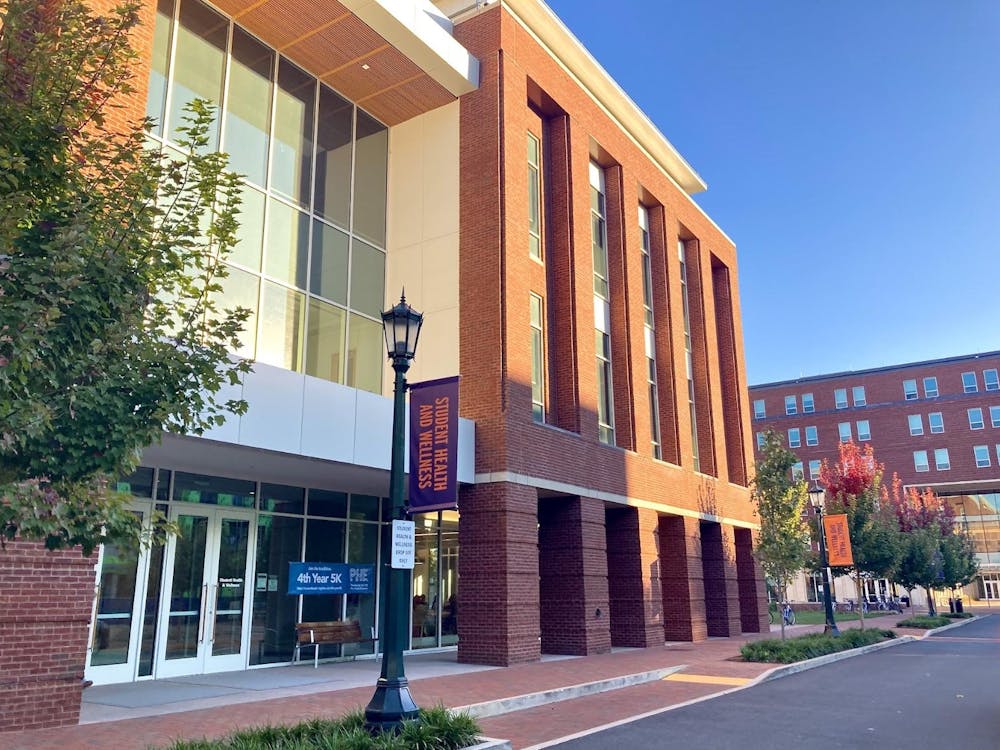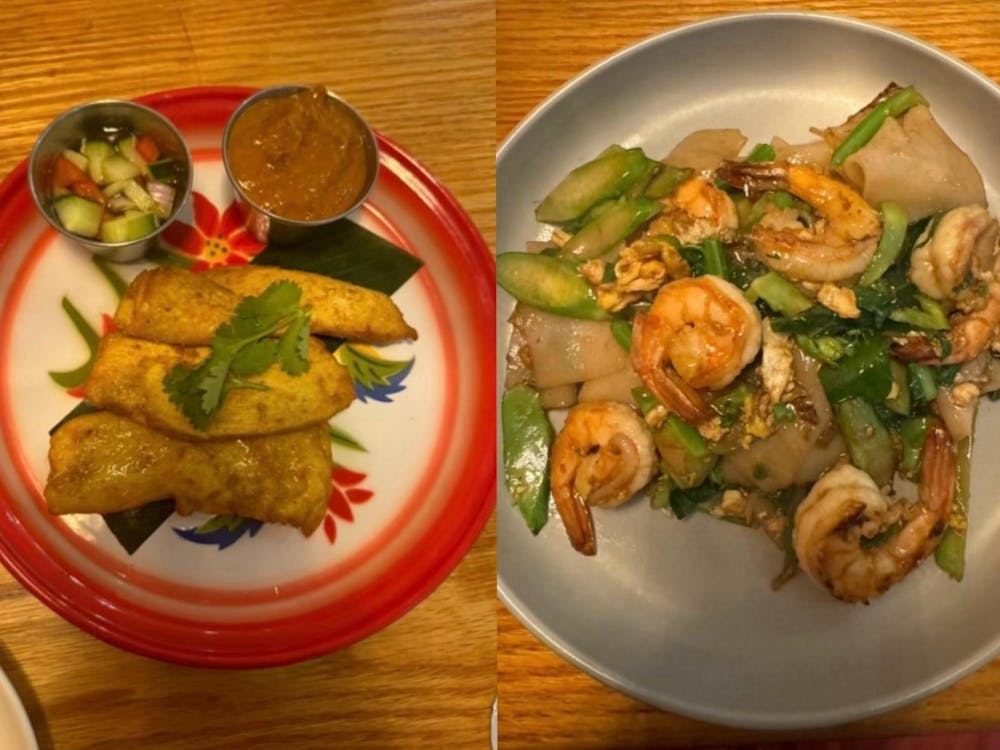We've been here for more than a month now. For many second-year student on the pre-medical track, that means we're knee deep in what is possibly the most stigmatized, feared and loathed course in the entirety of the colorful bouquet of our requisite science courses: organic chemistry.
My worry about orgo settled in about midway through my second semester of first year. At the time, I was taking both general chemistry and biology labs and lectures. The students in charge of course scheduling during orientation had tried to dissuade me from taking both at once. For me, though, and a handful of other pre-meds I talked to, taking these two together proved entirely doable.\nMoreover, I thought it would be best to take these two together instead of combining biology with the dreaded orgo.
I started asking second-year students about the course. Was it really that bad? How much time did it take? Was the lab confusing?
The responses I got were a hodgepodge. The course seemed tolerable at best, nightmarish at worst. One girl said during the lab, people cried and vowed they'd quit being pre-med for good. Someone else said the reports were near impossible.
Universally, everyone agreed that the final was awful: It was designed so the average hovered at about 50 or 60.
Asking around didn't help me assuage my fears much, so before the year was done, I talked to my academic adviser. She offered me the most levelheaded assessment yet: There was a subset of people who inevitably panicked when they took the class. Perhaps they were just the most vocally dissatisfied. It was their take on the course that seemed to be floating across Grounds. My adviser told me that most people did well with the course.
Her advice helped me quit fretting so much, but I knew I wouldn't find out what the course was truly like until I took it myself.
Lecture, to me, felt like any other chemistry class, but - could it be? - it actually seemed more logical. Each topic connected to the past one, and when we read about reactions, we were learning why they happened - not simply that they occurred.
The first labs were simple ones - chromatography, extractions. And contrary to my conception of a stark, tense, white-walled lab where nobody talked and glassware broke or exploded, the lab was relaxed. The teaching assistants were kind and helpful - at the bottom of our lab report, my TA even reminded us that the lab was FUN, in all capital letters.
The labs have since become slightly more complicated, but instead of being stressful, they're actually just interesting. This week, we're extracting caffeine from tea leaves. We've made crystals from solutions and analyzed common over-the-counter painkillers.
As my friends and I were talking in the hallway before lab last week, we discovered we had all come to the same slow realization: We like organic chemistry. It isn't just tolerable; we actually enjoy it. The reports are a good bit of writing, but they give us the opportunity to show what we know and explain why bad results happen.
This information is important in a lab like orgo. If we accidentally dump out a solution or overheat a precipitate and melt it, we can explain chemically what should have resulted. Instead of the fill-in-the-blank reports of general chemistry, organic lab reports allow us to be creative.
It's clear to me now that if one doesn't care to learn the chemical reasoning behind the labs or simply dislikes writing, orgo might not be a favorite class. But for a writer, and for someone who likes to analyze, it's an enjoyable challenge.
With that said, my fear of organic chemistry is gone. What remains now is enthusiasm, pure and simple. I have found my crystal, left behind after boiling off the solution.
Courtney's column runs biweekly Fridays. She can be reached at c.hartnett@cavalierdaily.com.





